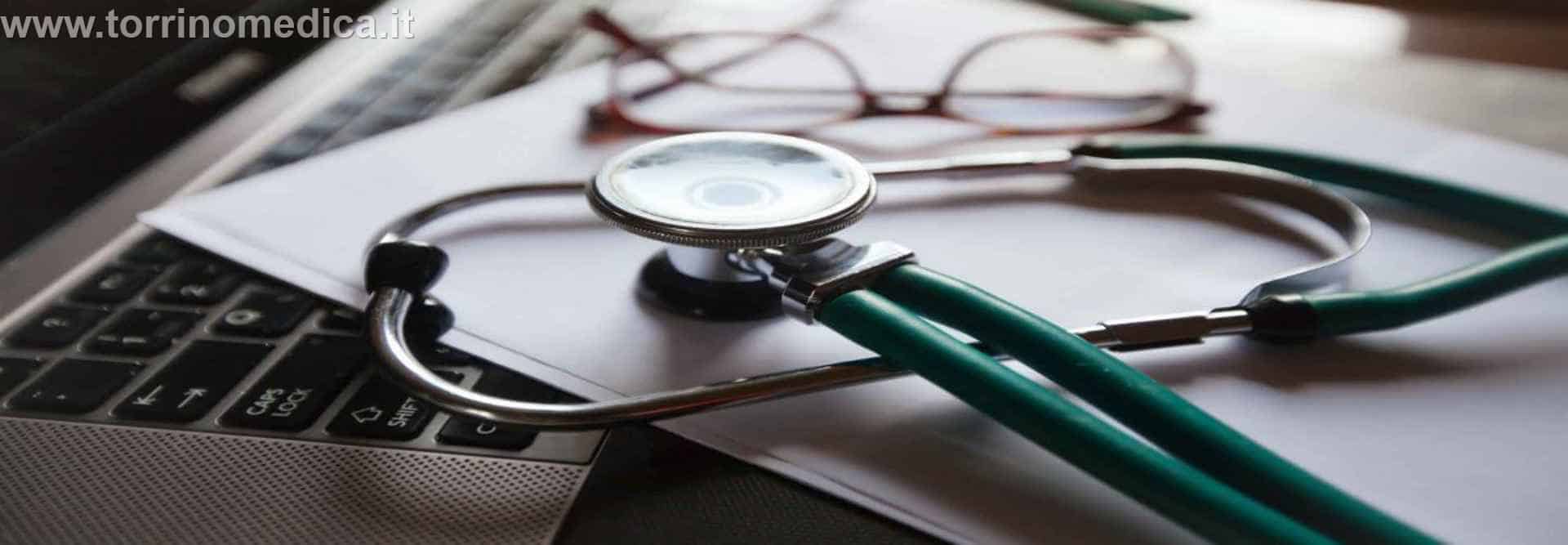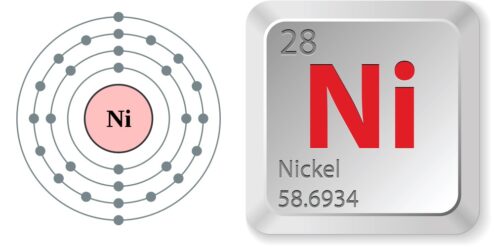Nickel is a common trace element found in many everyday items, including food and beverages. One such beverage that has been questioned for its nickel content is coffee. This article will delve into the relationship between coffee and nickel, the potential health impacts, and how to reduce nickel intake from coffee.
Understanding the Basics: What is Nickel?
Nickel is a naturally occurring, silvery-white metallic element. It is the fifth most common element on earth and occurs extensively in the earth’s crust and core. Nickel, along with iron, is also a common component of meteorites and can be found in trace amounts in plants, water, and soil.
Nickel is used in many industrial and consumer products, including stainless steel, magnets, coinage, and special alloys. It is also found in trace amounts in certain foods and water. Nickel is an essential nutrient for some microorganisms and plants, but its role in human health is not well understood.
While nickel is present in the environment and in certain foods, the human body requires very little of it to function properly. However, some people may be sensitive to nickel and can experience allergic reactions from exposure to it. For others, consuming too much nickel can lead to health problems.
The Relationship Between Coffee and Nickel
Coffee is a complex beverage that contains hundreds of different compounds. These include caffeine, antioxidants, and trace amounts of various minerals and metals, including nickel. The presence of nickel in coffee is due to the soil and water where the coffee plants are grown.
Nickel can leach into the coffee during the brewing process, especially when prepared with nickel-containing utensils or machines. However, the nickel content in coffee is generally considered to be low compared to other foods and beverages.
It’s important to note that the amount of nickel in coffee can vary depending on the type of coffee bean, the soil in which it was grown, and the brewing process. Therefore, it’s difficult to determine an exact amount of nickel that one might consume from drinking coffee.
Does Your Daily Cup of Joe Contain Nickel?
Yes, your daily cup of coffee does contain trace amounts of nickel. However, the amount is typically very small and falls within the safe limits established by health organizations. It’s also worth noting that the body’s absorption of nickel from coffee is relatively low.
The nickel content in coffee can vary depending on several factors. These include the type of coffee, the brewing method, and the type of water used. For example, using hard water, which can contain higher levels of nickel, may increase the nickel content of the coffee.
The Impact of Nickel on the Human Body
In small amounts, nickel is not harmful to the human body. However, some people may have a nickel allergy, which can cause dermatitis, itching, and other skin problems. In rare cases, high levels of nickel exposure can lead to lung and nasal cancer.
Long-term exposure to high levels of nickel can also lead to chronic health conditions, such as lung disease, heart disease, and reduced immune function. However, these health risks are typically associated with occupational exposure to nickel, not dietary exposure.
How to Reduce Nickel Intake from Coffee
If you’re concerned about the nickel content in your coffee, there are several steps you can take to reduce your exposure. First, consider using a coffee maker or kettle made of stainless steel or glass, as these materials are less likely to leach nickel into your coffee.
Second, consider using filtered or bottled water for brewing your coffee, as tap water can contain higher levels of nickel. Finally, if you’re particularly sensitive to nickel, you may want to limit your coffee consumption or choose coffee beans grown in low-nickel soils.
Conclusion: Balancing Coffee Consumption and Nickel Intake
In conclusion, while coffee does contain trace amounts of nickel, the levels are typically low and unlikely to cause health problems for most people. However, if you’re sensitive to nickel or concerned about your intake, there are steps you can take to reduce your exposure. As with all things, moderation is key.
Conclusioni:
Coffee, like many other foods and beverages, contains trace amounts of various minerals and metals, including nickel. While the levels of nickel in coffee are generally low and safe for most people, those with a nickel allergy or sensitivity may need to take steps to reduce their exposure. As always, it’s important to balance your coffee consumption with a healthy diet and lifestyle.
Per approfondire:
- Nickel Allergy – A comprehensive overview of nickel allergy from the Mayo Clinic.
- Nickel in Drinking-water – A World Health Organization (WHO) report on the presence of nickel in drinking water.
- Coffee and Health – A scientific review of the potential health benefits and risks of coffee consumption.
- Nickel in Food and Drinking Water – Information from the Swedish Food Agency on nickel in food and drinking water.
- Dietary Nickel as a Cause of Systemic Contact Dermatitis – A scientific study on the link between dietary nickel and contact dermatitis.


